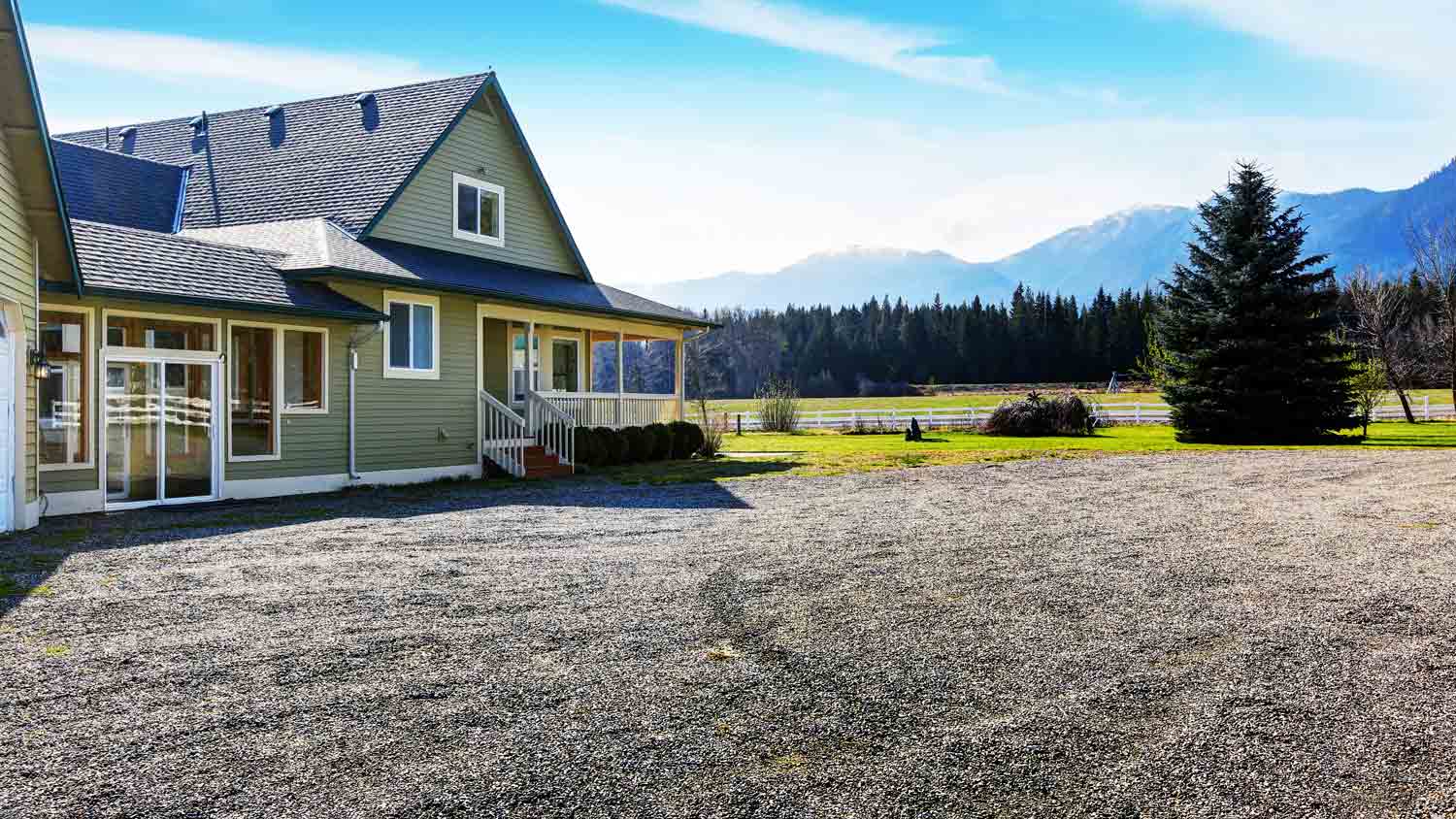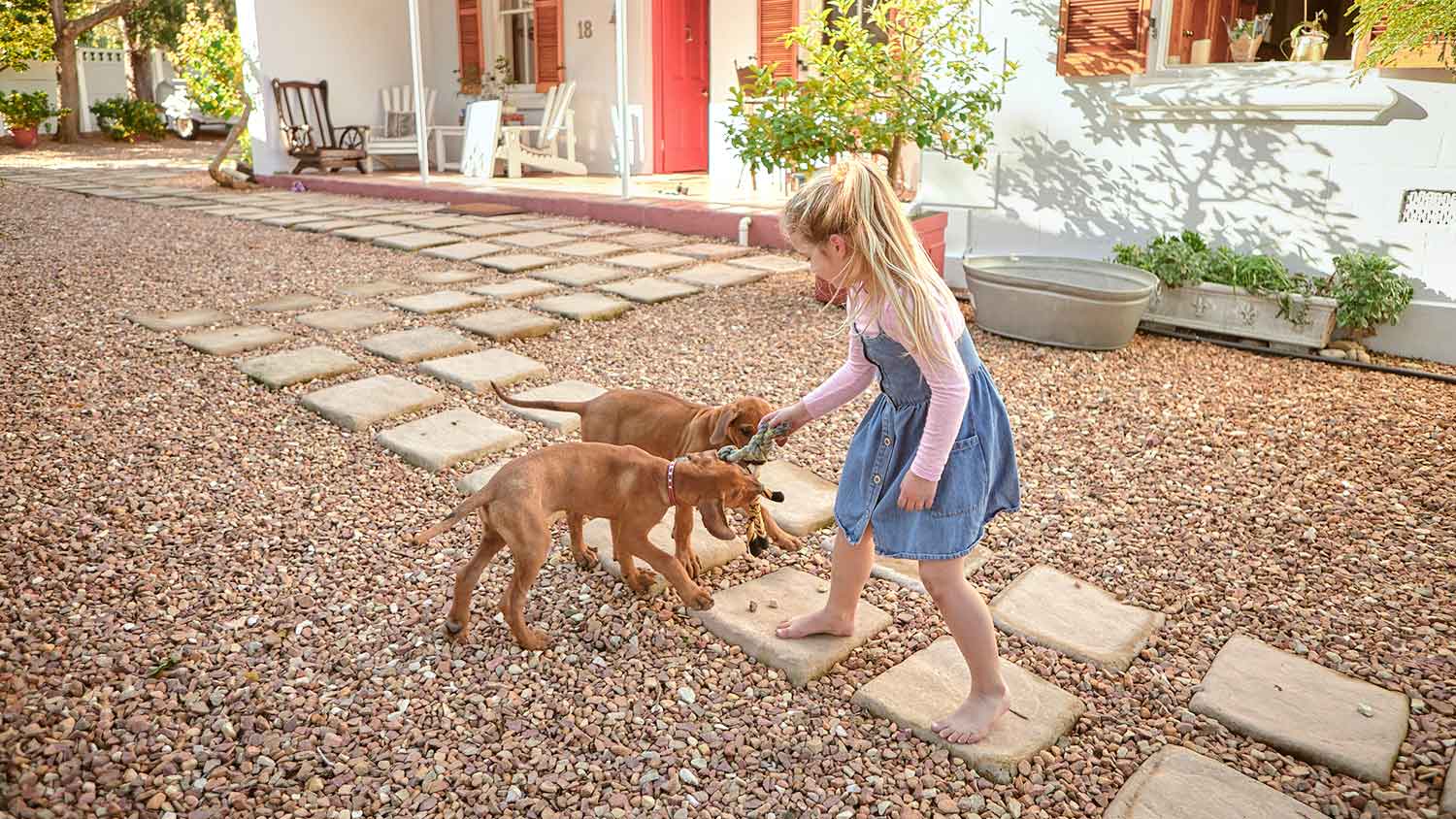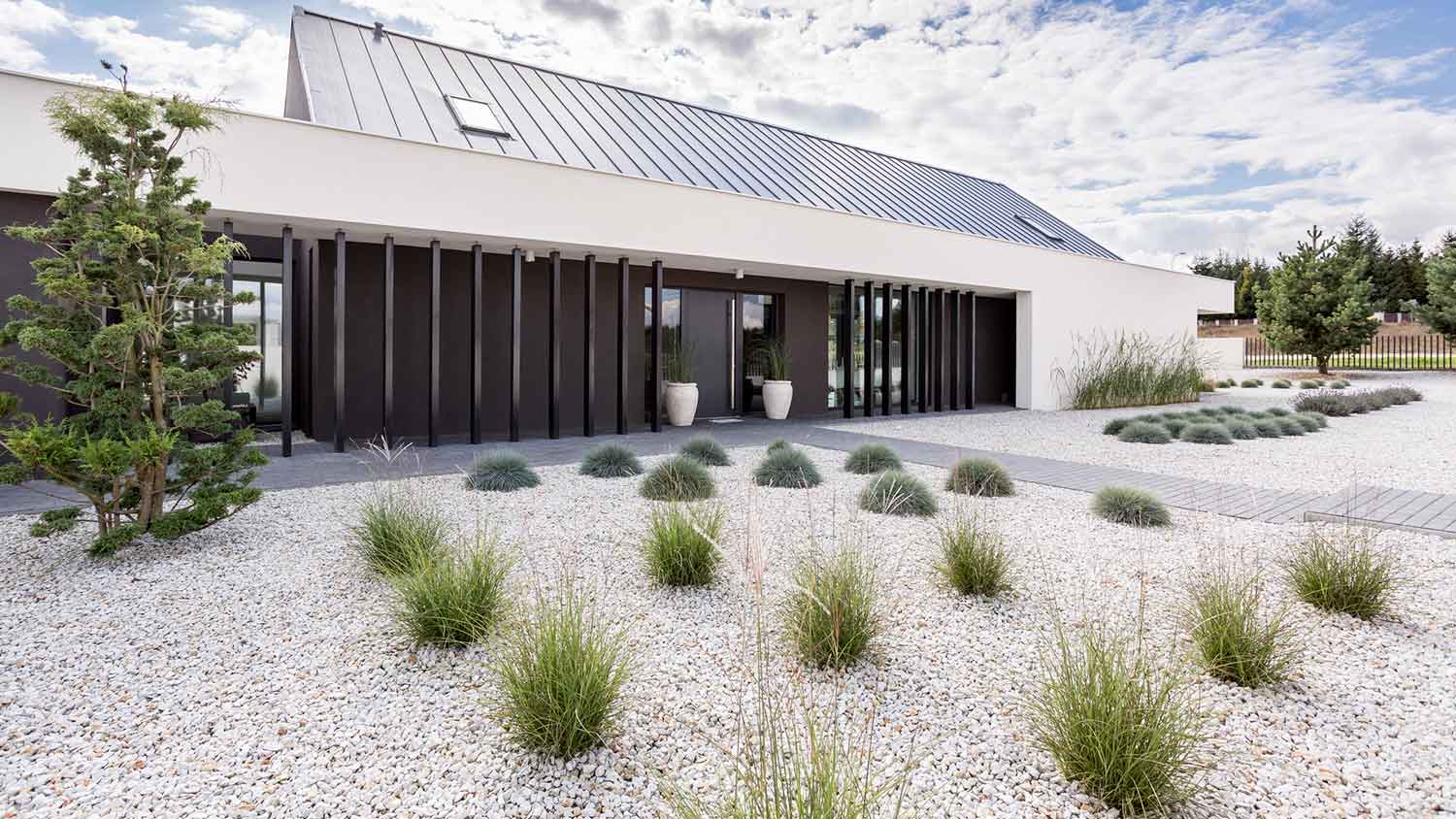
Get matched with top stone and gravel pros in Halifax, PA
There are 3 highly-rated local stone and gravel pros.
Need a pro for your stone and gravel service project in Halifax, PA?
Verified Reviews for Stone And Gravel Service pros in Halifax, PA
*The Angi rating for Stone And Gravel Service companies in Halifax, PA is a rating based on verified reviews from our community of homeowners who have used these pros to meet their Stone And Gravel Service needs.
*The HomeAdvisor rating for Stone And Gravel Service companies in Halifax, PA is a rating based on verified reviews from our community of homeowners who have used these pros to meet their Stone And Gravel Service needs.
Last update on October 09, 2025
Find Stone and gravel pros in Halifax
No results for Stone and Gravel in
Try adjusting your search criteria.The Halifax, PA homeowners’ guide to stone and gravel services
From average costs to expert advice, get all the answers you need to get your job done.

Using a gravel pad for a shed foundation instead of concrete can save you money and be easily removed if needed. Here’s what you need to know as you budget for the project.

Gravel is loose rock that has been naturally eroded and is a popular choice for landscaping or pathways. Learn more about what gravel is used for in this article.

Trying to choose the right gravel? Use this guide to gravel sizes to determine what dimensions will best suit your landscaping, driveway, or foundation project.

This guide on how to lay pea gravel outlines the materials and steps needed to complete this landscaping project on your own.

Find out the best types of landscaping rocks for your home’s next outdoor project, from solving drainage problems to installing retaining walls and terraces.

Choosing between crushed stone and gravel can impact your landscaping project. Keep reading to compare crushed stone vs. gravel and pick the best one.
- Elizabethville, PA Stone and gravel pros
- Dauphin, PA Stone and gravel pros
- Millersburg, PA Stone and gravel pros
- Grantville, PA Stone and gravel pros
- Berrysburg, PA Stone and gravel pros
- Liverpool, PA Stone and gravel pros
- Wiconisco, PA Stone and gravel pros
- Lykens, PA Stone and gravel pros
- Marysville, PA Stone and gravel pros
- Duncannon, PA Stone and gravel pros
- Gratz, PA Stone and gravel pros
- Dalmatia, PA Stone and gravel pros
- Swatara, PA Stone and gravel pros
- Paxtang, PA Stone and gravel pros
- Enola, PA Stone and gravel pros
- Williamstown, PA Stone and gravel pros
- Penbrook, PA Stone and gravel pros
- Hummelstown, PA Stone and gravel pros
- Wormleysburg, PA Stone and gravel pros
- Lemoyne, PA Stone and gravel pros
- Steelton, PA Stone and gravel pros
- New Kingstown, PA Stone and gravel pros
- Camp Hill, PA Stone and gravel pros
- Shiremanstown, PA Stone and gravel pros
- Newport, PA Stone and gravel pros
- Port Trevorton, PA Stone and gravel pros
- Independence, PA Stone and gravel pros
- Millerstown, PA Stone and gravel pros
- Hershey, PA Stone and gravel pros




